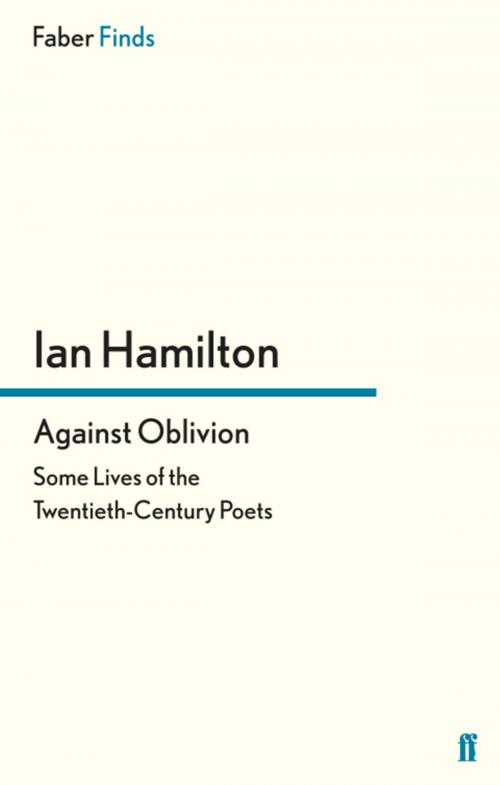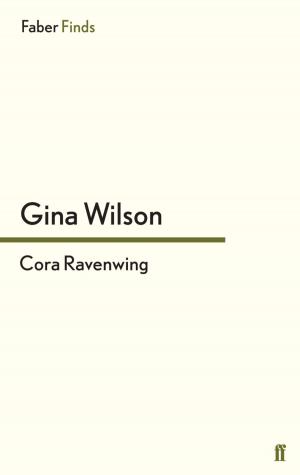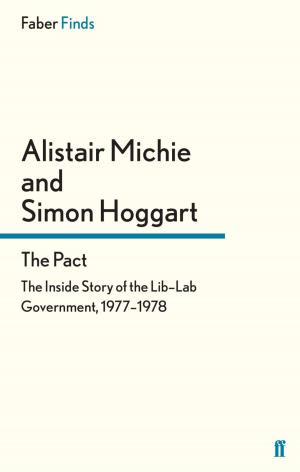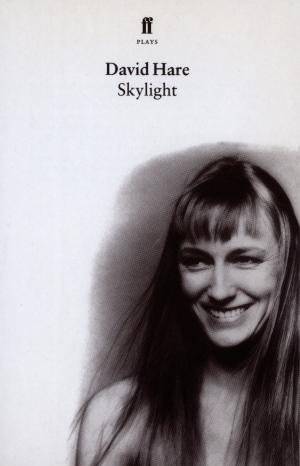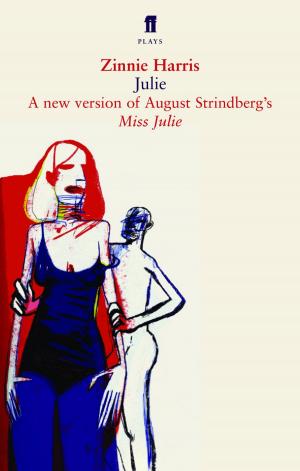Against Oblivion
Some Lives of the Twentieth-Century Poets
Fiction & Literature, Literary Theory & Criticism, Poetry History & Criticism| Author: | Ian Hamilton | ISBN: | 9780571288861 |
| Publisher: | Faber & Faber | Publication: | February 14, 2012 |
| Imprint: | Faber & Faber | Language: | English |
| Author: | Ian Hamilton |
| ISBN: | 9780571288861 |
| Publisher: | Faber & Faber |
| Publication: | February 14, 2012 |
| Imprint: | Faber & Faber |
| Language: | English |
Ian Hamilton's last book, published posthumously in 2002, is a typically brilliant revisiting of the concept of Samuel Johnson's classic Lives of the English Poets, wherein Hamilton considers 45 deceased poets of the twentieth century, offering his personal estimation of what claims they will have on posterity and 'against oblivion.' Examples of each poet's verse accompany Hamilton's text, making the book both a provocative primer and a kind of critical anthology.
'The affective power of this book... lies in its understatement and its understanding of what we might care about. From a century of Manifestoes and Movements, Hamilton works as a corrective for the local and particular... his idea of poetry, of what made greatness in poetry, emerges intact from each measured sentence. His criticism always pointed you towards all that he could find that was true in a piece of writing.' Tim Adams, Observer
Ian Hamilton's last book, published posthumously in 2002, is a typically brilliant revisiting of the concept of Samuel Johnson's classic Lives of the English Poets, wherein Hamilton considers 45 deceased poets of the twentieth century, offering his personal estimation of what claims they will have on posterity and 'against oblivion.' Examples of each poet's verse accompany Hamilton's text, making the book both a provocative primer and a kind of critical anthology.
'The affective power of this book... lies in its understatement and its understanding of what we might care about. From a century of Manifestoes and Movements, Hamilton works as a corrective for the local and particular... his idea of poetry, of what made greatness in poetry, emerges intact from each measured sentence. His criticism always pointed you towards all that he could find that was true in a piece of writing.' Tim Adams, Observer
